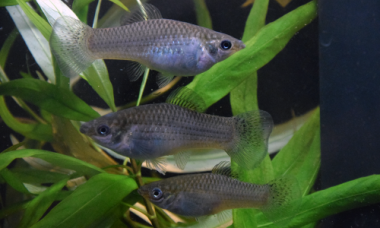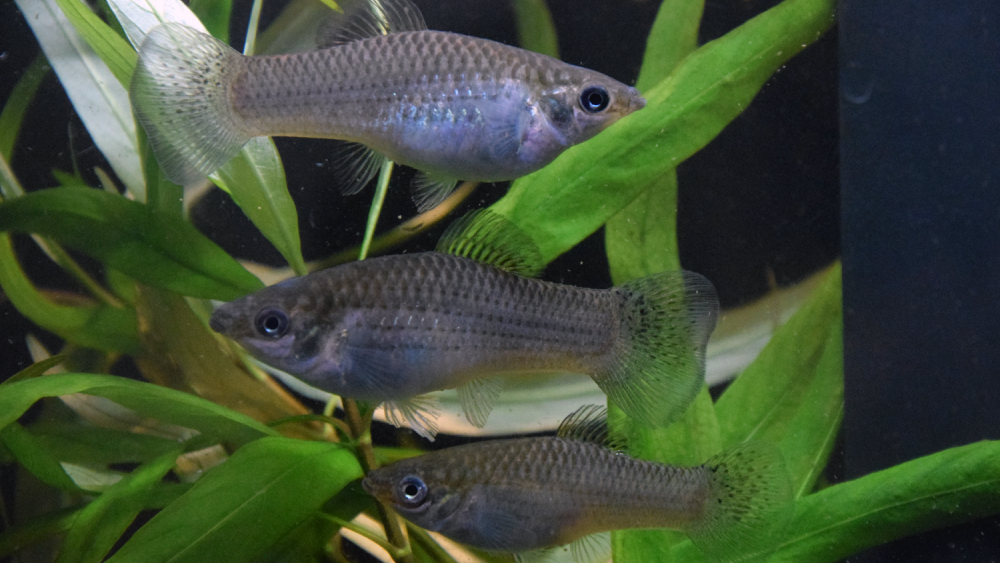
Developing exploration behaviour
Short profile
Duration

Foto: David Bierbach
All newborn biological organism face the same task: being initially completely ignorant about the specifics of the current environment, the task is to develop intelligent (i.e. adaptable, general, cost-effective and goal-directed) behaviour. While evolution has made biological organisms extremely good in solving such tasks, very little is known about the behavioural mechanisms underlying this ability. The objectives of this project are (i) to use a high-resolution tracking system and a powerful biological model system – the naturally clonal fish Amazon molly (Poecilia formosa) – to track the exact behavioural-experiential trajectories of a large number of genetically identical individuals from day 1 of their life and (ii) to produce algorithmic models of exploration behaviour that both predict real world behavioural-experiential trajectories of newborn individuals and perform well when implemented in agents in large-scale virtual experiments simulating a broad range of conditions and related tasks. Throughout, we will aim to generate improved synthetic artifacts (algorithms and computer simulations) and a deeper understanding of how newborn biological organisms develop intelligent behaviour.
Deutsche Forschungsgemeinschaft under Germany’s Excellence Strategy – EXC 2002/1 “Science of Intelligence” – project number 390523135


